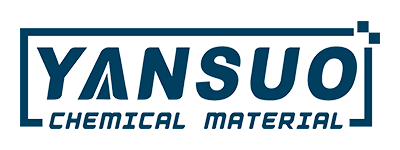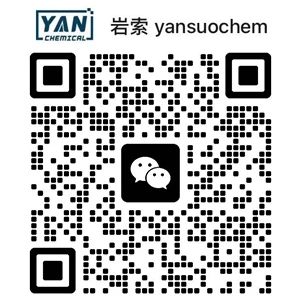In-depth Discussion on the Analysis of Core Raw Materials for Inks in Photocurable Inkjet Technology
Abstract
The performance of inkjet inks directly depends on the selection of raw materials and the optimization of their proportions. This paper systematically analyzes the three core raw materials of inkjet inks—UV monomers, photoinitiators, and functional additives—with a focus on elaborating the key physicochemical indicators of each component. It also explores strategies for differentiated selection of raw materials, providing theoretical basis and technical reference for ink formulation design.
1. UV Monomers
Given the strict requirement for low viscosity in inkjet inks, the viscosity characteristics of monomers have become a key consideration in material selection. The table below summarizes common monomers suitable for inkjet systems and their physical property parameters.

For the characteristics of each monomer, please refer to our company's product manual or contact our technical team directly.
2. Photoinitiators
Currently, the main types of photoinitiators applicable to UV-LED are as follows:
ITX (UV absorption at 382nm)
DETX (UV absorption at 380nm)
TPO (UV absorption at 379nm, 393nm)
819 (UV absorption at 370nm, 405nm)
For further information on photoinitiator selection schemes, please refer to the series of performance analysis reports previously released by our company, or contact our technical team directly.
3. Functional Additives
There are 4 main types of additives used in UV inkjet:
✿ Leveling Agents:
Improve the spreadability of ink on substrates, reduce surface defects such as orange peel and pinholes. You can try our leveling agents like YS-3155 or YS-3148.
✿ Dispersants:
Stabilize pigment dispersion, prevent sedimentation and agglomeration, and ensure color uniformity.
✿ Adhesion Promoters:
Enhance the adhesion of ink on non-absorbent substrates (e.g., PET, metals, glass).
✿ Inhibitors:
Prevent premature polymerization of ink during storage or transportation and improve stability, such as our inhibitors YS-510 or M5-2.
If you have any product requirements or technical inquiries, please feel free to contact us at any time. We look forward to cooperating with you!





